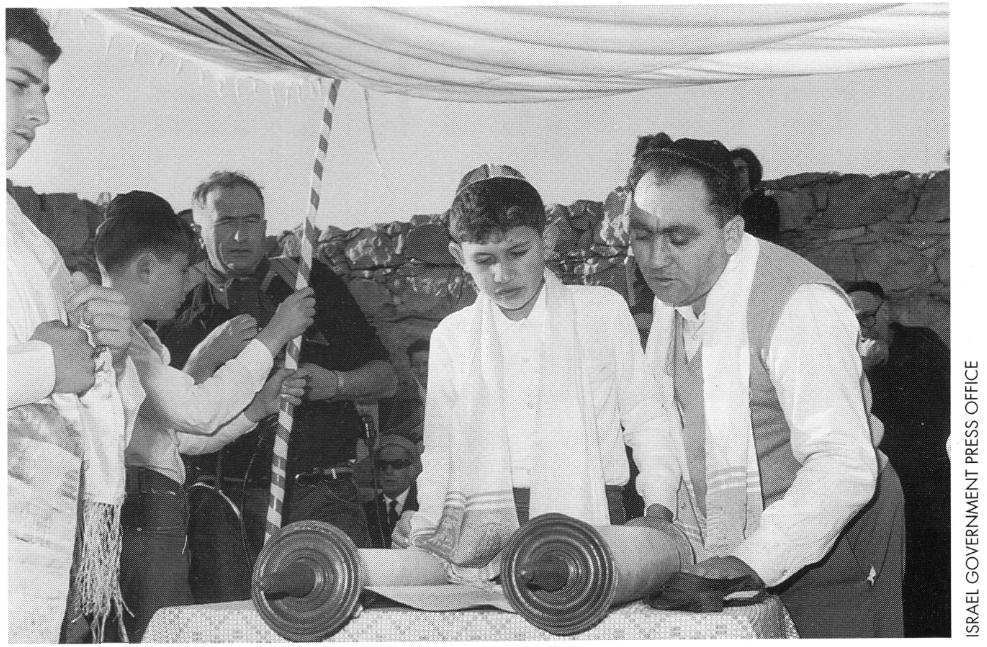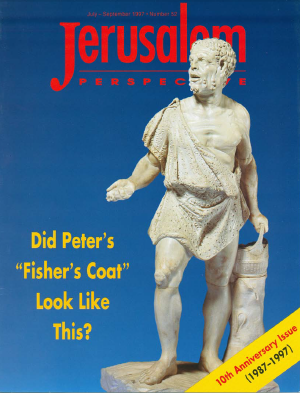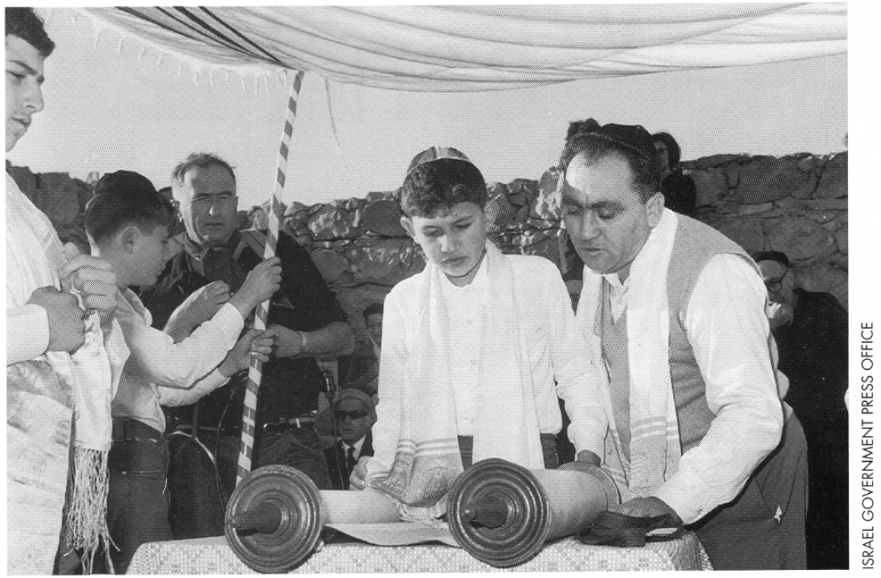Every Saturday morning in synagogues throughout the world the Torah is read aloud. Following ancient practice, seven men in turn read the weekly Torah portion. However, Professors Shmuel and Chana Safrai have recently discovered that a different custom prevailed until the destruction of the Temple in 70 A.D.
Rabbinic sources inform us that on the Sabbath the Torah was read aloud in the synagogue by seven persons, a custom that has continued until this day.[1] Scholars have assumed the custom was the same in the time of Jesus.[2]

Paid Content
Premium Members and Friends of JP must be logged in to access this content: Login
If you do not have a paid subscription, please consider registering as a Premium Member starting at $10/month (paid monthly) or only $5/month (paid annually): Register
One Time Purchase Rather Than Membership
Rather than purchasing a membership subscription, you may purchase access to this single page for $1.99 USD. To purchase access we strongly encourage users to first register for a free account with JP (Register), which will make the process of accessing your purchase much simpler. Once you have registered you may login and purchase access to this page at this link:

- [1] Tosefta, Megillah 3:11; Babylonian Talmud, Megillah 23a. Notice that both sources transmit the tannaic halachah that women can be included among the seven Torah readers. ↩
- [2] Chana and Shmuel Safrai also had made this assumption (cf. Shmuel Safrai, “Naming John the Baptist” JP 20 [May 1989]: 1-2). ↩































































































